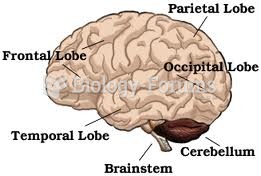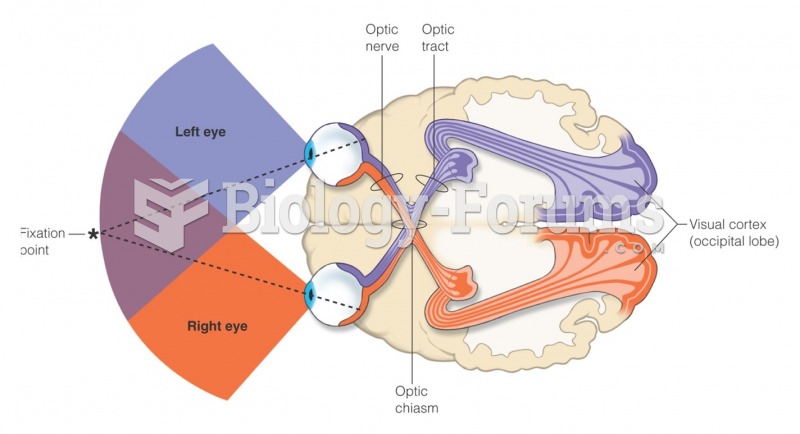Answer to Question 1
Correct Answer: 4
Rationale 1: Situational influences are direct and indirect influences on health-promoting behaviors and include perceptions of available options, demand characteristics, and the aesthetic features of the environment.
Rationale 2: Perceived benefits of action affect the person's plan to participate in health-promoting behaviors and may facilitate continued practice.
Rationale 3: Perceived barriers to action may be real or imagined and may affect health-promoting behaviors by decreasing the individual's commitment to a plan of action.
Rationale 4: Interpersonal influences are a person's perceptions concerning the behaviors, beliefs, or attitudes of others. Family, peers, and health professionals are sources of interpersonal influences that can affect a person's health-promoting behaviors. Since this particular client does not have a close support system, the nurse will look to other possibilities (i.e., the other health professionals involved in the client's care such as other nurses, therapists, and physicians).
Answer to Question 2
Correct Answer: 2
Rationale 1: Interpersonal influences are a person's perceptions concerning the behaviors, beliefs, or attitudes of othersincluding family, peers, and health professionals who can influence their success.
Rationale 2: Behavior-specific cognitions and affect are considered to be of major motivational significance for acquiring and maintaining health-promoting behaviors. Perceived benefits of action affect the person's plan to participate in health-promoting behaviors and may facilitate continued practice. If this client has prior positive experience with the behavior or observations of others engaged in the behavior, he or she may be motivated to success.
Rationale 3: Situational influences are direct and indirect influences on health-promoting behaviors and include perceptions of options, demand characteristics, and the aesthetic features of the environment.
Rationale 4: Perceived self-efficacy refers to the conviction that a person can successfully carry out the behavior necessary to achieve a desired outcome.







